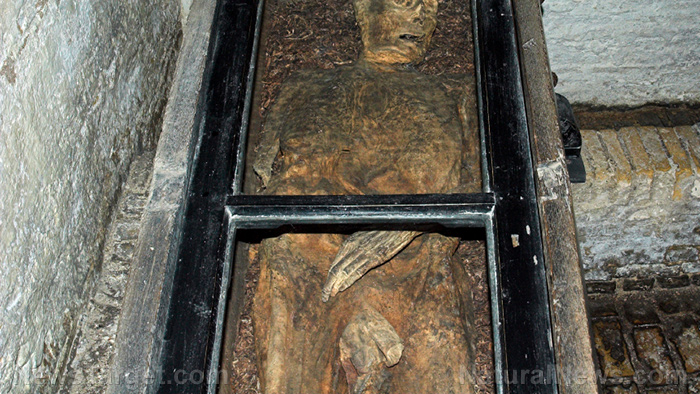
On Feb. 14, health authorities in Guinea informed the World Health Organization (WHO) of a new outbreak of the Ebola virus disease (EVD). Researchers believe the new outbreak was most likely started by someone who survived the disease's previous outbreak.
In particular, researchers who examined samples of the Ebola virus spreading across Guinea found that it bore genetic similarities to the Ebola virus that triggered the 2014–2016 West African outbreak. Until now, the longest the Ebola virus has been known to persist in a survivor is 500 days.
Had the Ebola virus been spreading across West Africa since 2016, it should have evolved at least 100 different mutations. Because of the genetic similarities between the current and the previous Ebola virus, researchers surmise that a survivor of the previous outbreak might have transmitted the virus via semen to a partner.
"This is an extraordinary phenomenon," William Schaffner, an infectious disease expert with Vanderbilt University in Tennessee who was not involved in the research, said in an interview.
These findings raise the question about whether survivors, not infected animals as experts previously believed, could have sparked other Ebola outbreaks across Africa.
The possibility that Ebola, which now only largely exists in Africa, is making a reappearance five years after the last outbreak because of a survivor opens new challenges for survivors, families and their communities. Health experts also now have to figure out how to work with survivors without creating further stigmatization.
The report was posted online on Friday, March 12. It involved researchers from the Guinea Ministry of Health, Senegal's Institut Pasteur de Dakar, the University of Edinburgh in Scotland, the University of Nebraska Medical Center and Praesens Foundation.
Current variant too similar to 2014 Makona variant
The current outbreak in Guinea began in January. The first known case was a nurse who was infected and died after several days. She had experienced headaches, fatigue, nausea, loss of appetite and fever. These symptoms are consistent with typhoid and malaria, which physicians initially diagnosed her with on separate occasions.
Health authorities said the nurse very likely contracted the Ebola virus after caring for her sick mother. Five of her family members, including a traditional practitioner she visited while sick, became infected after attending her funeral.
To examine the current Ebola outbreak, health officials sent three samples of the current variant to the WHO's laboratory at Senegal's Institut Pasteur de Dakar. Researchers sequenced the samples to identify the exact genes that make up the variant's genome. They compared those with genes found in previous variants.
Upon analyzing the variants, they found that the current Ebola variant is very similar to the Makona variant. It had caused the 2014–2016 outbreak that killed over 11,000 people in Guinea, Liberia and Sierra Leone.
In particular, the researchers found that the current Ebola variant only had around a dozen genetic differences from the Makona variant. This is far less than what would be expected during sustained human-to-human transmission, the researchers wrote in their analysis published on Virological, a discussion forum.
Given their results, the researchers surmised that it is most likely that the Makona variant lingered in the body of someone who was infected during the 2014–2016 outbreak. The virus may have lingered in pockets in the body where the immune system is less active, such as in the testes. The virus may have been transmitted through sexual intercourse, prompting the current outbreak.
If Ebola can still be passed on by survivors years later, Schaffner said vaccinating people even if there is no new outbreak might be the solution. (Related: How to stay ahead of the Ebola virus.)
Go to Infections.news for more articles with updates on the Ebola virus disease outbreak in Guinea.
Sources include:
Please contact us for more information.




















